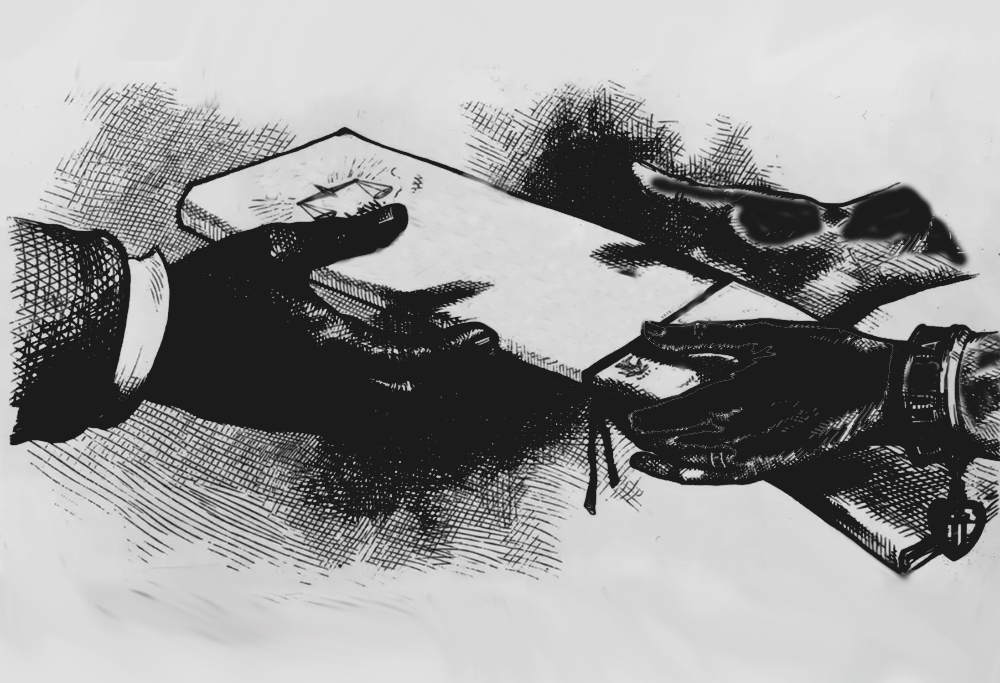
Do Sudanese Deserve Civilian Rule?
Youssef Abdullah
Despite Sudan’s long history of military coups, Sudanese people have always held on to their dream of a civilian government and authority — one they could change at a time of their choosing and hold accountable whenever it misjudges or fails them.
This dream has remained elusive despite the peaceful revolutions they ignited in the years 1964, 1985, and 2019.
What can be agreed upon is that a civilian democratic transition was vitally important for Sudan’s future, because it would, for example, create an opportunity to build a stable political system that delivers justice, ends persistent decline, and helps improve citizens’ living standards.
Yet Sudanese who never fully realized this continued an endless argument to correct the fundamental flaw of believing the army has the right to rule the country and steer its political and economic course.
That argument has lasted nearly seventy years and has ended in a devastating all-out war between military factions — a war that is now on the verge of dividing the country for the second time, in a way reminiscent of what happened with South Sudan in 2011.
In this democratic civilian demand, Sudanese have fought against purely military regimes and ideologically military regimes that saw no legitimacy but their own.
In reality, the secession of Darfur is looming if army leaders insist on pursuing a military solution, especially as the Rapid Support Forces and their partners in the “Tasees” alliance continue establishing a parallel authority in the Darfur region, disregarding the newly appointed government led by Kamil Idris.
In the end, Darfur’s separation will not be a happy ending to the raging conflict today, but rather a seed for a long-term war, as expected scenarios warn.
Before the October 25, 2021 coup, in which both the army chief and the RSF commander participated, Sudan’s democratic transition was possible, and crucial — not only for Sudan and Africa, but also for the Middle East, where hopes for democratic transitions have been deeply disappointed. Now the situation has worsened, and conditions have deteriorated so badly that correcting them will be doubly difficult.
This deterioration makes it imperative for all parties to commit to the ethical principle of stopping the war, first and foremost, and to defend the values of the 2019 democratic revolution, respecting Sudanese aspirations for civilian democratic rule. Upholding this principle remains the best diplomatic act possible, despite its challenges.
Otherwise, Sudan will never know genuine peace and stability if the world and the region ignore the legitimate demands of the millions of peaceful revolutionaries who filled the streets with determination and resolve.

